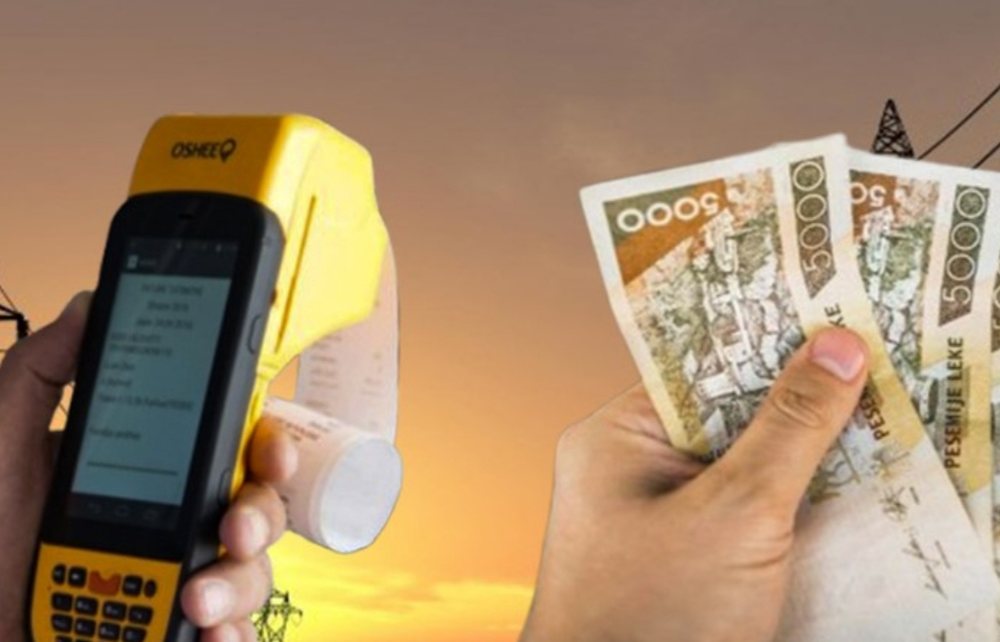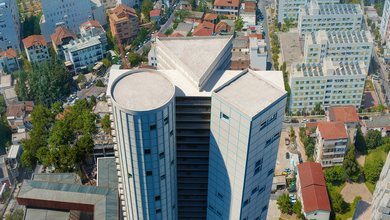
Compared to European countries, Albania still has favorable prices for electricity for household consumers, but compared to the region, it has the highest prices after North Macedonia.
According to Eurostat data, in the first half of the current year, the average price of electricity for household consumers in the EU was 0.28 euro/kWh.
Albania, with a price of 0.18 euro/kWh, ranks significantly below the EU average, but as the graph below shows, the country has the highest price in the region after North Macedonia at 0.22 euro/kWh.
Lower prices than Albania are in Serbia (0.17 euros/kWh), Montenegro (0.17 euros/kWh), Bosnia (0.15 euros) and Turkey (0.14 euros).
Energy prices in Albania are related to the structure of the domestic market, where most of it is produced by public hydroelectric power plants.
In the EU, the Czech Republic and Poland lead for the highest prices with 0.39 and 0.34 euros/kWh each, followed by Germany and Italy.
On the other hand, among the cheapest are Iceland with 0.12 euros/kWh, Malta with 0.13 euros and Turkey with 0.14 euros/kWh.
Countries with developed economies have higher prices due to carbon taxes, network costs and investments in renewable sources.
For example, Portugal and Belgium have prices of 0.28 and 0.31 euros/kWh respectively, while France is closer to the average at 0.24 euros/kWh.
The Albanian government has pursued a policy that does not increase energy prices for household consumers, while major investments are being made in clean energy.
Investments in solar energy and small hydropower plants are expected to increase the country's energy security and keep prices at manageable levels. Hydropower has lower taxes in EU markets. Hydropower has lower environmental costs and is more in demand in European markets.
In clean energy production, Albania has achieved convergence with the EU and is above its average, because all energy for consumption is produced from the sun and water./ Monitor






















